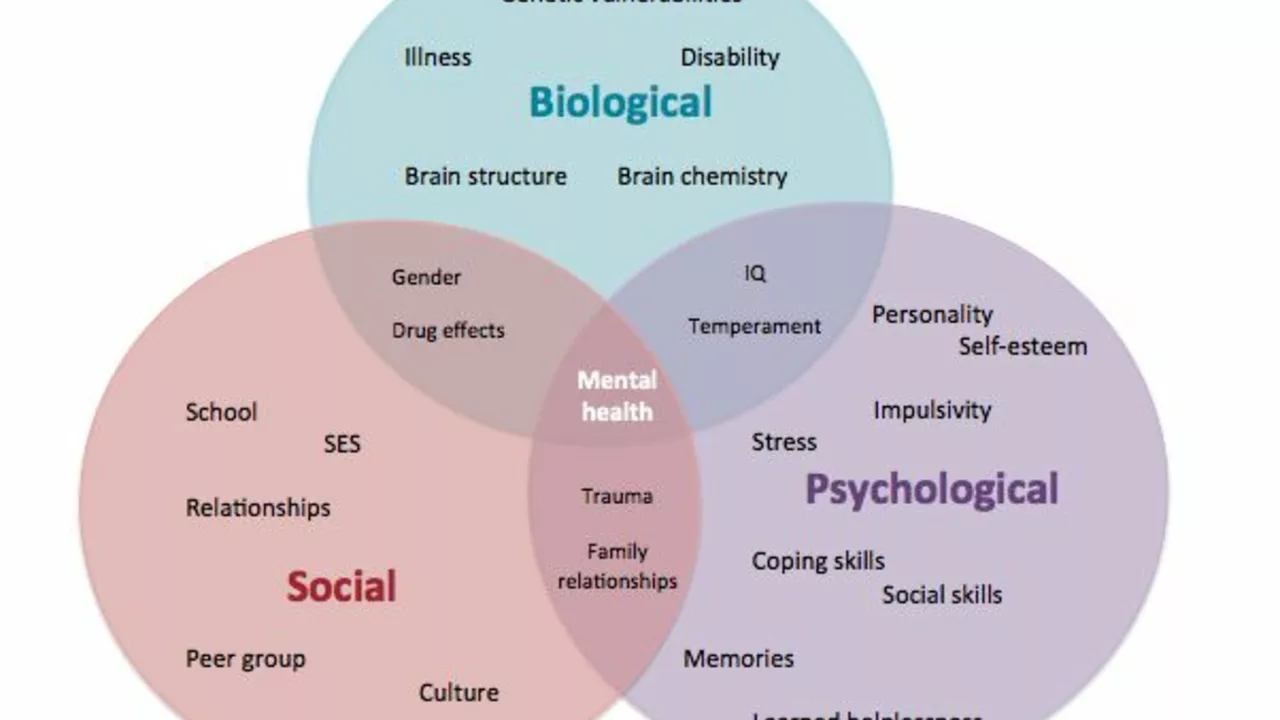The Nature of Teaching
Teaching is widely acknowledged as one of the most rewarding professions. However, like any other job, it comes with its own set of challenges and stresses. It requires a level of dedication and determination that is not often required in other professions. The long hours, the emotional investment, and the constant need for creativity and innovation can all contribute to a highly stressful environment.
Despite these challenges, many people still choose to become teachers because of the profound impact they can have on their students' lives. They get to mold young minds, inspire creative thinking, and instill a love for learning. Indeed, the rewards of teaching are many, but the stress it brings can be significant and if not properly managed, can lead to burnout.
The Pressure of Performance
One of the main sources of stress for teachers is the pressure to perform. This pressure comes from various sources: parents, administrators, and even the students themselves. Teachers are expected to deliver high-quality instruction, maintain discipline in the classroom, and ensure that each student is progressing acadically. They are also expected to adapt their teaching strategies to cater to the diverse learning needs of their students.
Added to this is the pressure of standardized testing. The results of these tests often determine a teacher's performance evaluation and can even affect their job security. This puts an immense amount of pressure on teachers, leading to stress and anxiety.
The Emotional Weight of Teaching
Teaching is not just about imparting knowledge; it's also about building relationships. Teachers often form deep emotional connections with their students. They share in their students' successes and failures, their joys and sorrows. This emotional investment can be both rewarding and draining.
Teachers also have to deal with a range of student behaviors, some of which can be quite challenging. Dealing with disruptive students or those with emotional or behavioral issues can be particularly stressful. Teachers often feel a sense of responsibility for their students' well-being, which can add to the emotional weight of the job.
Workload and Time Management
Teaching is not a nine-to-five job. Teachers often bring their work home with them, grading papers and planning lessons late into the night. This heavy workload, combined with the demands of personal life, can make it difficult for teachers to maintain a healthy work-life balance.
Time management is another significant source of stress. Teachers have to juggle numerous tasks each day, from planning and delivering lessons to meeting with parents and administrators. The constant rush to get everything done can lead to feelings of overwhelm and stress.
Dealing with Parents and Administrators
Teachers often have to deal with demanding parents who have high expectations for their children's academic performance. These parents can be a source of stress for teachers, especially when they are not supportive or understanding of the teacher's role and responsibilities.
Similarly, teachers often feel pressure from school administrators who are focused on achieving high academic standards. This pressure can lead to feelings of inadequacy and stress, particularly when teachers feel that their efforts are not being recognized or appreciated.
The Impact of Stress on Teachers
Chronic stress can have serious implications for teachers' physical and mental health. It can lead to burnout, a state of physical, emotional, and mental exhaustion caused by prolonged and excessive stress. Burnout can result in decreased productivity, decreased job satisfaction, and even serious health problems.
Stress can also affect teachers' performance. It can hinder their creativity and innovation, making it difficult for them to effectively engage their students and deliver high-quality instruction. In the long run, this can negatively impact students' academic performance and overall learning experience.
Strategies for Managing Stress
While teaching is undoubtedly a stressful profession, there are strategies that teachers can employ to manage their stress levels. These include practicing self-care, seeking support from colleagues and administrators, and implementing effective time management strategies.
Teachers can also benefit from professional development programs that focus on stress management and emotional resilience. These programs can provide teachers with the tools and strategies they need to cope with the challenges and stresses of their job.
The Need for Systemic Changes
While individual stress management strategies are important, there is also a need for systemic changes within the education system to reduce the stress experienced by teachers. This could include reducing class sizes, providing teachers with more planning time, and implementing more supportive performance evaluation systems.
There is also a need for greater recognition and appreciation of the work that teachers do. Teachers play a critical role in society, shaping the future generations. It's high time we recognize this and provide them with the support and respect they deserve.
In Conclusion
Teaching is indeed a stressful job, due to the pressure of performance, the emotional weight of the job, heavy workload, and dealing with demanding parents and administrators. However, with the right support and strategies, teachers can manage their stress levels and continue to do the important work they love - educating the next generation.
